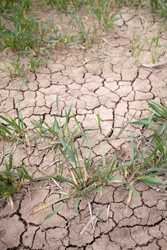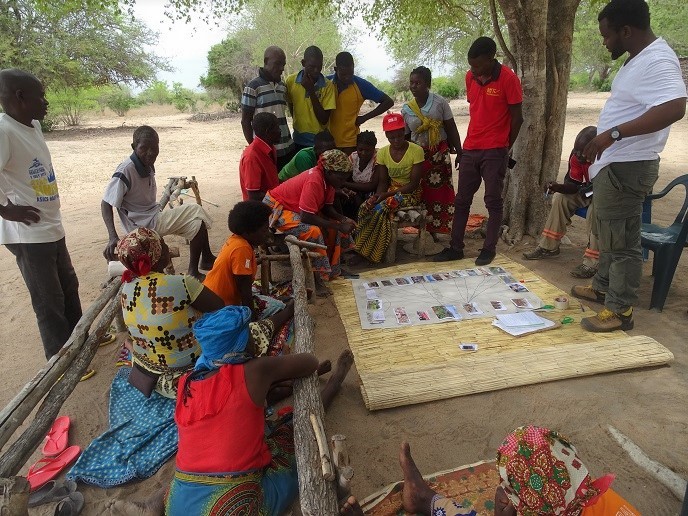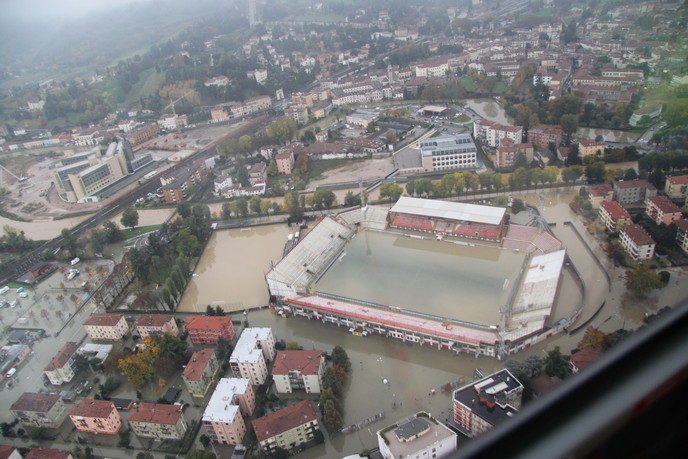Agriculture adjusts to climate change
Agriculture in Europe, which is a vital part of putting food on the table for the continent's citizens, is under threat from global warming. The EU has acknowledged the urgent need to address the effects of climate change on agriculture. The EU-funded project 'Adaptation of agriculture in European regions at environmental risk under climate change' (Adagio) studied solutions to address the effects of climate changes on agriculture. It examined large European regions (Mediterranean, Central Europe, Eastern Europe) and categorised them according to the needs required. The project then integrated climate change precautions into the EU's Common Agricultural Policy (CAP) and rural development initiatives. Adagio surveyed farmers and stakeholders on the ground and combined existing research to identify potential risks and develop effective methods. It found that farmers resisted applying simple recommended measures to combat climate change. The project also revealed major differences in agriculture production to help it outline new regional strategies and policies. After its analysis, Adagio found that optimising sowing and transplanting time, as well as selecting alternative species and varieties, represented the most ideal strategy for the Mediterranean. Improved irrigation and water use were also advocated. With respect to Central Europe, the efficient use of agricultural, soil and water resources, in addition to changes in crops, sowing patterns and livestock practices were recommended. The solutions for Eastern Europe considered the region's transition to the free-market economy and incorporated socioeconomic issues, giving way to viable new mitigation strategies. Adagio produced recommendations for management practices on local, regional and national levels, in addition to an in-depth outline of risks and vulnerabilities for different countries. If properly applied, these results will lead to more efficient agriculture, a more sustainable economy and a better fed Europe.







